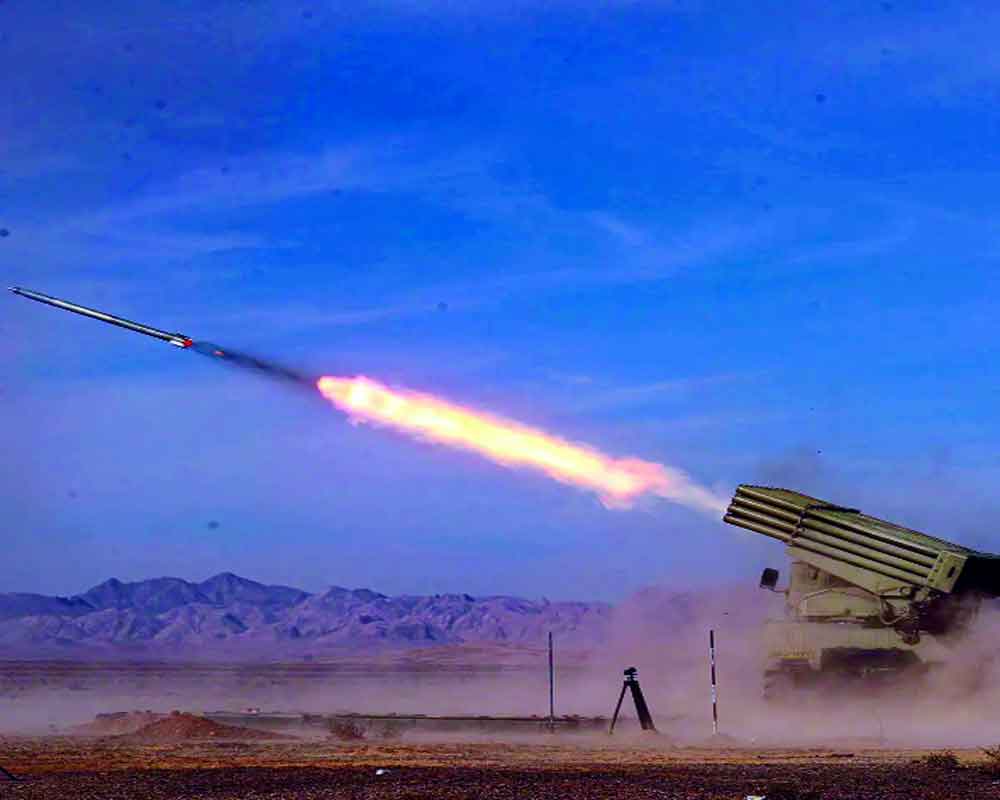As tension and friction between Iran and Pakistan escalate, it could be a major headache for India
It smells like a war is brewing in the neighbourhood. This time, Iran and Pakistan are trying to work out their differences with missiles. Iran used missiles and drones for its strike near Koh-e-Sabz in Balochistan, saying it was a militant hideout. In retaliation, Pakistan conducted airstrikes near Saravan, Siestan-Balochistan. Iran and Pakistan were purportedly targeting armed non-State actors — Jaish al-Adl in Pakistan, and the Balochistan Liberation Army and the Balochistan Liberation Front in Iran — that each country accuses the other of harbouring. The tension between them has raised concerns about regional stability, with potential implications for neighbouring countries, including India. The strained relations between Tehran and Islamabad have roots in various geopolitical, economic and security issues, each carrying its own set of consequences. One major source of friction is the Balochistan region. Both countries have accused each other of failing to address cross-border terrorism and smuggling activities, exacerbating mistrust between them. As India maintains close ties with Iran and seeks stable relations with Pakistan, the developments have caught New Delhi's attention.
For India, the Iran-Pakistan spat holds several implications, including strategic interests. The Chabahar Port, developed by India in collaboration with Iran, has been a key gateway for Indian trade and investment in Central Asia and Afghanistan. Any disruption due to the Iran-Pakistan tensions might affect the smooth functioning of this crucial maritime facility. Security concerns are also on the rise, as instability on the Iran-Pakistan border may have repercussions for India. The potential for an influx of refugees, increased terrorism or the spillover of violence could create challenges for India's border security and counter-terrorism efforts. Economically, any disruption in the Iran-Pakistan relationship may affect regional trade dynamics. India has been striving to enhance economic ties with Iran, particularly in the energy sector, and maintain stability its relations with Pakistan for overall regional economic prosperity. Besides, the involvement of world powers could make things worse. The US is already at loggerheads with Iran and would like to bleed it by funding Pakistan's offensive in terms of dollars and drones, not to speak of heavy artillery which Pakistan could use against India as well. India may find itself in a precarious situation and might have to settle for a nuanced approach, siding with Iran but not annoying the US. This, however, presents its own set of challenges, given the complex nature of the situation and the strong anti-Iran stand of the US. New Delhi must carefully navigate its foreign policy to safeguard its strategic interests while promoting stability and cooperation in the region.


























